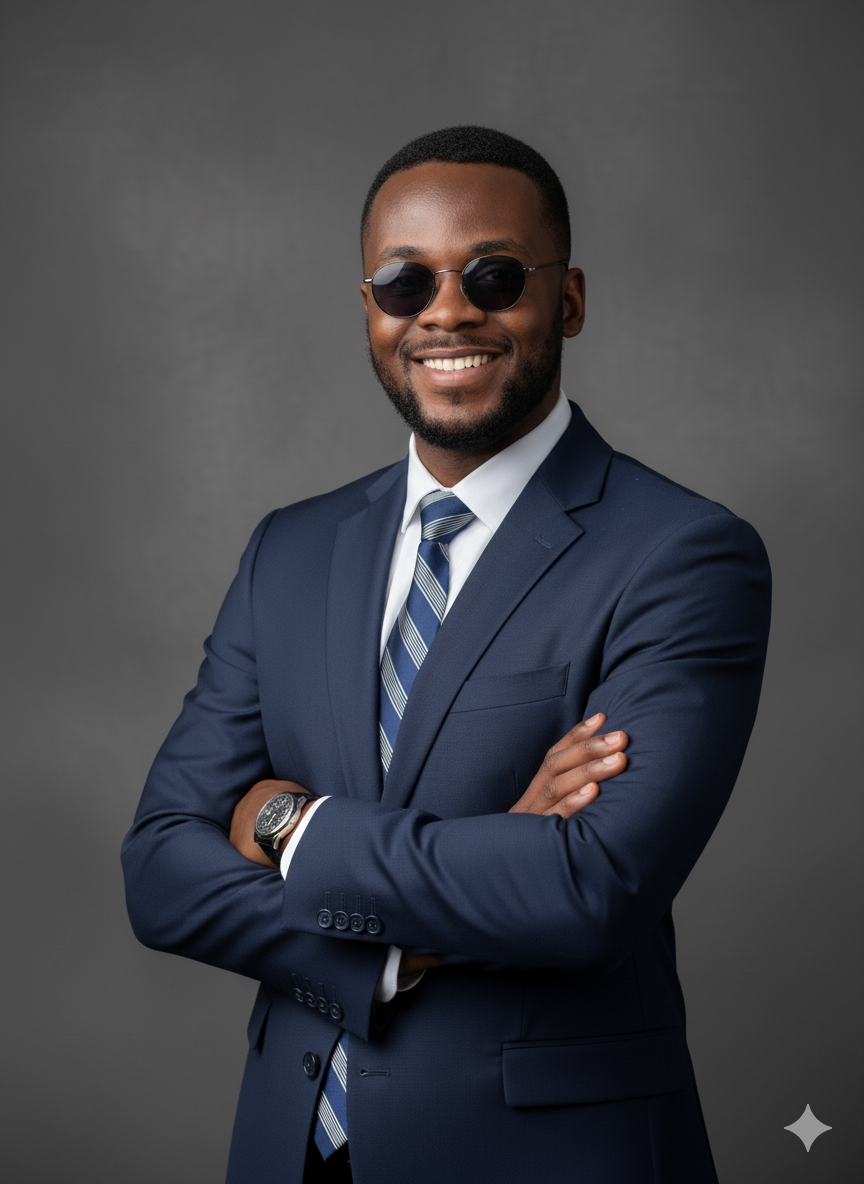
AI for Healthcare in Rural Settings
Developing accessible AI diagnostic tools for healthcare workers in resource-limited environments across Africa.
AI for Healthcare in Rural Settings
This project focuses on creating AI-powered diagnostic tools that can work effectively in rural healthcare settings with limited resources and internet connectivity.
Problem Statement
Many rural areas in Africa lack access to specialized medical expertise, leading to delayed or incorrect diagnoses. This project aims to bridge that gap using artificial intelligence.
Solution
Our approach includes:
- Offline-capable AI models that can run on basic smartphones
- Simple, intuitive interfaces designed for non-technical healthcare workers
- Culturally appropriate design that considers local contexts and practices
- Low-resource optimization for areas with limited power and connectivity
Key Features
1. Medical Image Analysis
- Automated screening for common conditions like tuberculosis and malaria
- Integration with existing clinical workflows
- Results provided in multiple local languages
2. Decision Support System
- Clinical decision trees adapted for local disease patterns
- Treatment recommendations based on available resources
- Integration with local health information systems
3. Training and Support
- Built-in training modules for healthcare workers
- Continuous learning from local case data
- Remote support and updates when connectivity allows
Impact
Initial pilots in three rural clinics showed:
- 40% improvement in diagnostic accuracy
- 60% reduction in referral times to specialist facilities
- High acceptance rate (85%) among healthcare workers
Technology Stack
- Backend: Python, TensorFlow, Flask
- Mobile: React Native for cross-platform compatibility
- AI/ML: Computer vision models optimized for mobile deployment
- Database: SQLite for offline data storage
Future Development
Plans include expanding to additional conditions, integrating telemedicine capabilities, and developing a network for sharing anonymized diagnostic data across participating clinics.
This project is part of my research at AIMS Senegal, focusing on practical AI applications for improving healthcare access in Africa.